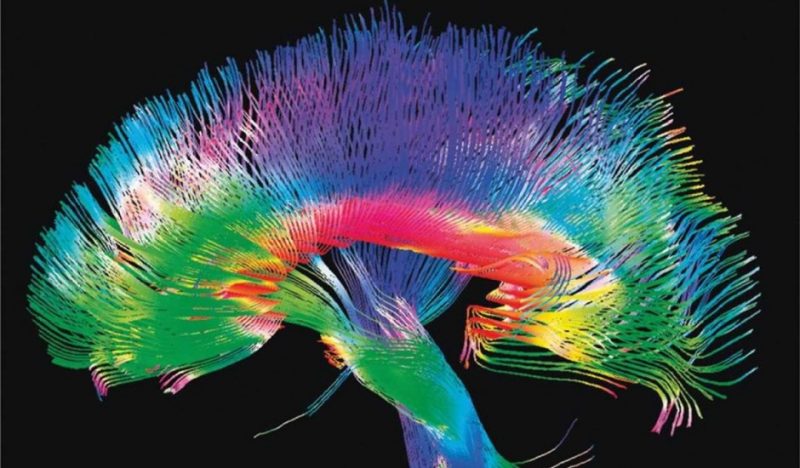Advocacy for music education needs to change: Anita Collins
Central photo: Image Credit: WUSTL.edu
The way we have been advocating for music education so far has been built upon well-meaning statements about how music benefits kids. But it needs changing. This is the view of Dr Anita Collins, a widely respected authority in neuromusical research and campaigner in music education. She was for instance the expert and one of the main on-screen speakers in the ABC TV’s three-part documentary Don’t Stop the Music last year.
Collins co-wrote an essay in The Conversation last November that cogently draws together current thinking and research on the importance of music in the lives of young children. Misty Adoniou, a research colleague in linguistics at the University of Canberra, joined her writing in this essay. Their conclusion was that the linkage between neuroscience, music and language acquisition has now clearly been established. “Put simply, learning music in the early years of schooling can help children learn to read,” they wrote.
“Music processing and language development share an overlapping network in the brain,” they point out; and their recommendation to parents and teachers is that “Taking toddlers to a well-structured, high quality music class each week will build the musical skills that have been found to be so effective in learning to read.”
This essay comes on the back of a remarkably powerful TED Education video, ‘How playing an instrument benefits your brain’, that Collins created in 2014 and that has recorded over 7 million views. Using clear and simple diagrammatic explanations, this short video explains how listening to music sets off fireworks of activity in the brain, but that when a person plays music those fireworks become a “jubilee”. It shows very forcefully how learning music can exercise a profound influence on young children.
“That got us thinking,” says Collins in a new website she and colleagues have created called Bigger Better Brains. “Music educators were using the video to educate their communities on the value and benefits of learning music, and it is having a profound effect.”
“We believe that through educating yourself, you can then educate and affect positive change in your own communities,” she says.
So the new thrust, she suggests, lies not in trying to persuade people that teaching music to kids is a ‘good thing’ – which by now is a familiar mantra – but in what we need to do to help parents, teachers and society generally to know more precisely why music teaching is a good thing. The science, although still new, needs to be communicated. Information is needed, in concise and usable form that people can use.
Bigger Better Brains is “an educational program that has been written especially for music educators”, the site says. “The materials are designed to progressively improve your knowledge about how music learning improves developing brains.” The site provides parents and teachers alike with a bundle of educational and advocacy resources. There are five primary information pages. The first explains how music learning has been found to improve three areas of executive function: inhibition, working memory and cognitive flexibility. The second asks ‘How’s your fluid intelligence?’ and is about how this area of intelligence involves “the ability to think abstractly and solve problems”. Fluid intelligence has been found to be significantly higher in musicians who have started formal music training at a young age.
Other information portals look into the benefits of drumming for kids who have Autism/ADHD, the importance of music and literacy, and what parents and teachers can to learn about the profound benefits that music can exert on children’s development.
Be sure to check out Bigger Better Brains’ much visited Facebook site. It presents updates and vigorous conversations on these and lots more topics.
Dr Anita Collins is Music Australia’s councilor for Music Education Research.
